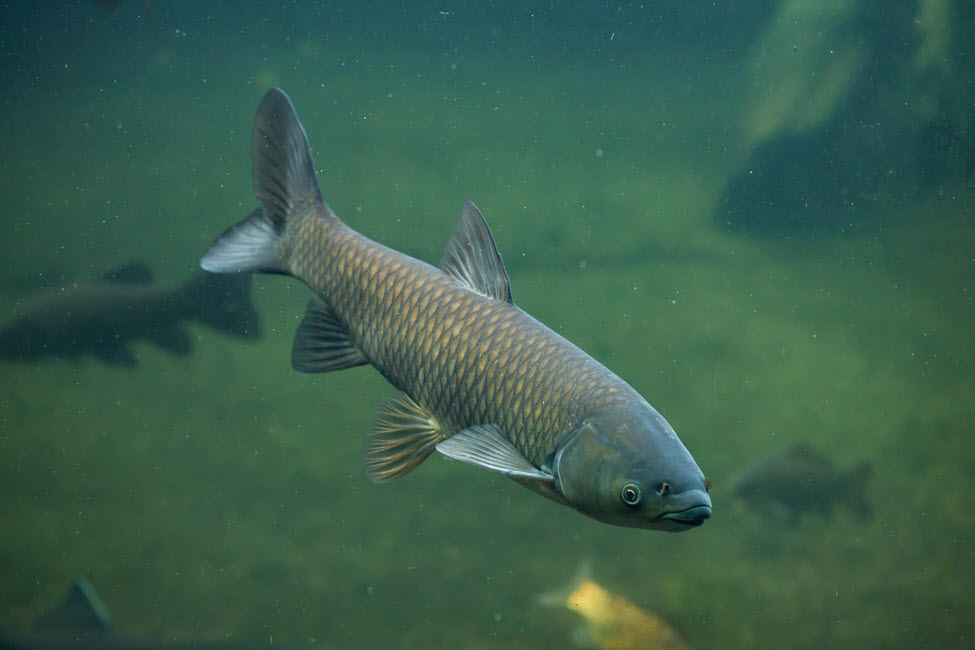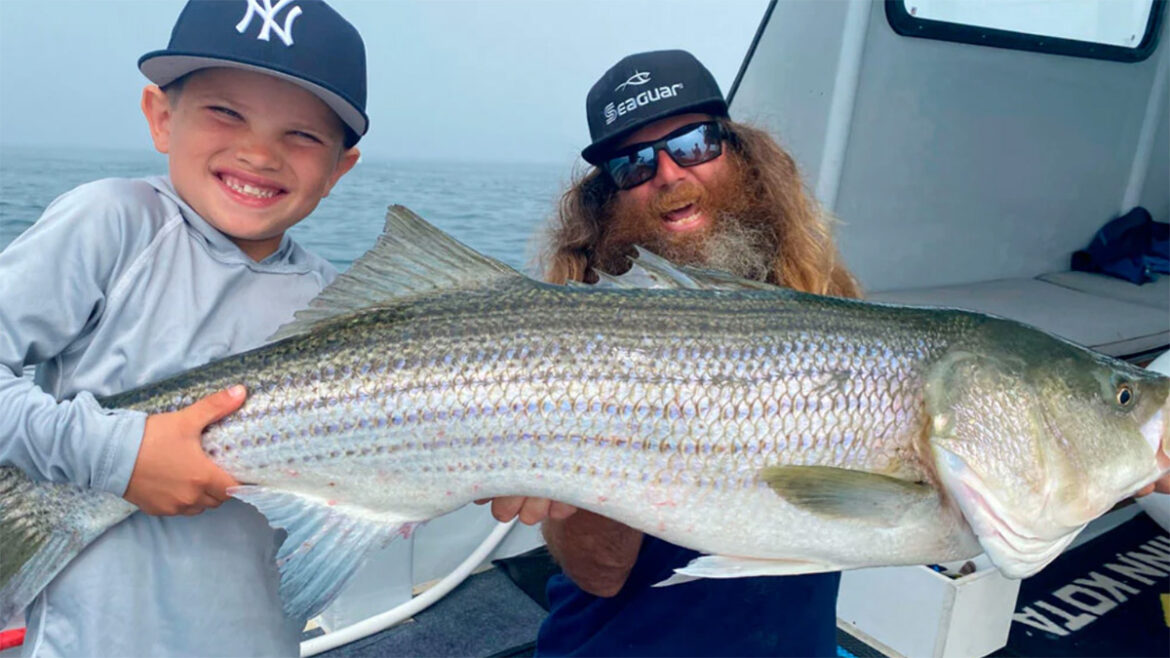The Minnesota Department of Natural Resources has confirmed the capture of 323 invasive carp on Thursday, Nov. 30, in Pool 6 of the Mississippi River, near Trempealeau, Wisconsin. Species captured were 296 silver carp, 23 grass carp, and four bighead carp. This is the largest single capture of invasive carp that has occurred in Minnesota to date. The capture was made possible by tracking tagged invasive carp, which led agency staff and contracted commercial anglers to catch them for removal.
“Tagging and tracking of invasive carp by the DNR and its partners is working and leading to the successful removal of fish in Minnesota,” said Grace Loppnow, DNR invasive carp coordinator. “Wisconsin DNR crews located six tagged invasive carp in Pool 6 last week. Those detections, along with observations by our contracted commercial fisher, led to the successful removal of these invasive carp.”
DNR crews will follow up with additional netting at this location over the next week. The Minnesota DNR and partners will continue to track and capture invasive carp yet this year for as long as river conditions allow. DNR and the U.S. Fish and Wildlife Service will also be examining the fish captured to evaluate age, reproductive condition, and information about the origin of these fish.
“While it is certainly concerning that we have captured this large number of invasive carp in Pool 6, it is likely that these adult fish moved upstream from other locations and were not the result of reproduction in Minnesota waters. DNR will continue to evaluate the data and work with its partners to learn everything we can, while we also work to remove additional fish,” said Loppnow.
Increased reports of invasive carp and data from tagged fish indicate that fish were moving in the Mississippi River in spring 2023 during the extended springtime flooding. It is likely that the high-water conditions allowed invasive carp and other fish to move upstream past open dams. Invasive carp tend to congregate in the spring and fall and all the previous large captures have happened in these seasons. The previous largest capture of invasive carp was 51 in spring 2020, in similar conditions after an extended period of flooding in 2019.
Additional Invasive Carp Management Efforts
The DNR and U.S. Geological Survey have been testing new invasive carp capture techniques for use in Minnesota waters. Six invasive carp — five silver carp and one grass carp — were captured and tagged during a five-day operation in October in Pools 6 and 8 of the Mississippi River.
Three new technologies developed by USGS were successfully deployed during the October operation:
- Floating gill nets that entangle jumping carp
- Speakers attached to a buoy to help direct invasive carp movement through sound
- Remotely operated kayaks that can be used for surveys and herding fish
The new technologies are being tested and adapted now for more extensive use. The DNR and many partner agencies and organizations have been testing and implementing a wide range of invasive carp prevention technologies and methods for more than a decade.
The DNR is using a wide range of efforts to manage invasive carp, including tagging and tracking invasive carp to better understand and exploit their movements, contracting with commercial fishing operations to target invasive carp, and developing and testing new methods to capture invasive carp. To date, no evidence of invasive carp reproduction has been observed in Minnesota waters. For additional information, please visit Invasive Carp | Minnesota DNR.
The agency is also working closely with stakeholders to evaluate potential management options in the Mississippi River. This includes consideration of a carp barrier project at Lock and Dam 5, near Whitman, Minnesota. The DNR expects to have recommendations for actions available by the end of 2023 and those results will inform an update of the Minnesota Invasive Carp Action Plan.
Additional Background on Invasive Carp in Minnesota
Invasive carp have been moving upstream since escaping into the Mississippi River in Arkansas in the 1970s. These fish compete with native species and silver carp can jump out of the water, posing a risk to boaters.
Individual invasive carp have been caught as far upstream as Pool 2 of the Mississippi River in the Twin Cities metro area (bighead, grass, and silver), the King Power Plant on the St. Croix River by Oak Park Heights (bighead and silver), and just downstream of Granite Falls in the Minnesota River (bighead).
State and federal funding sources, including the Environmental and Natural Resources Trust Fund and Outdoor Heritage Fund, have provided key funding for the DNR invasive carp detection and response program.
Invasive carp captures in Minnesota must be reported to the DNR immediately by calling 651-587-2781 or emailing invasivecarp.dnr@state.mn.us. People are asked to take a photo and transport the carp to the nearest DNR fisheries office or make arrangements for it to be picked up by a DNR official. A permit can be requested to keep captured invasive carp for consumption or disposal.
More information about invasive carp is available on the DNR website.







